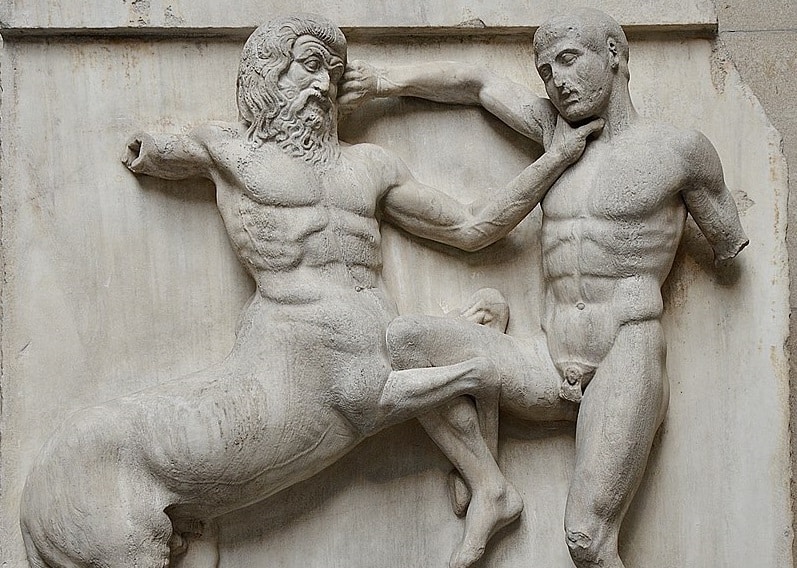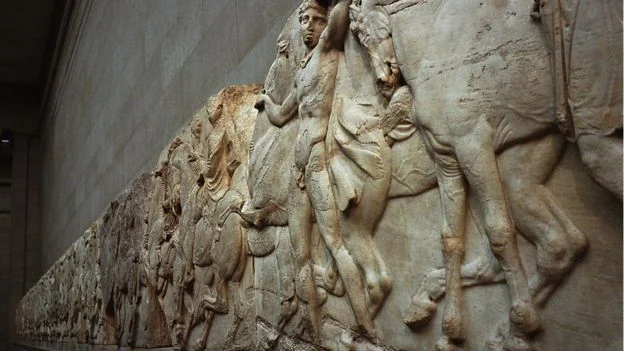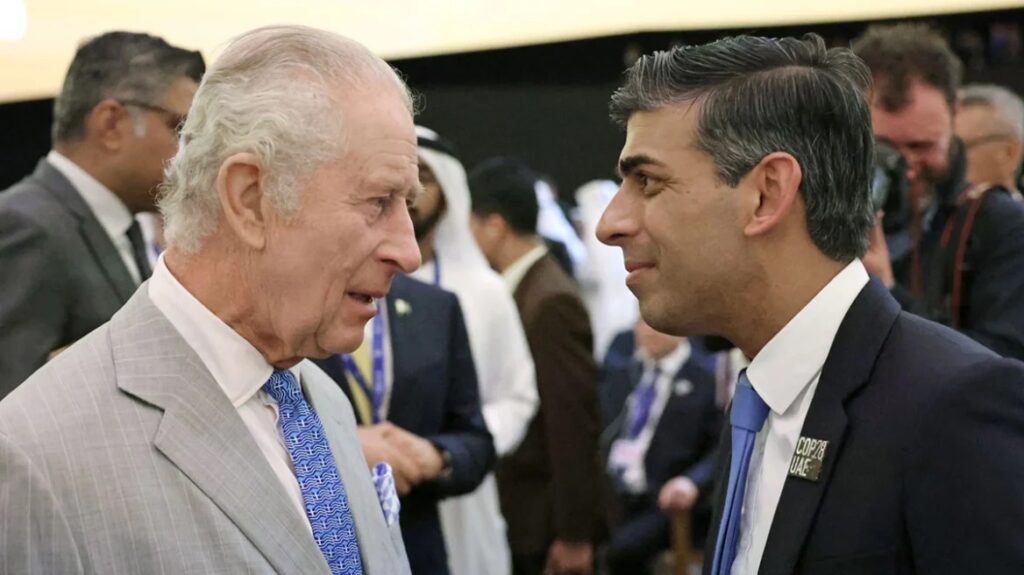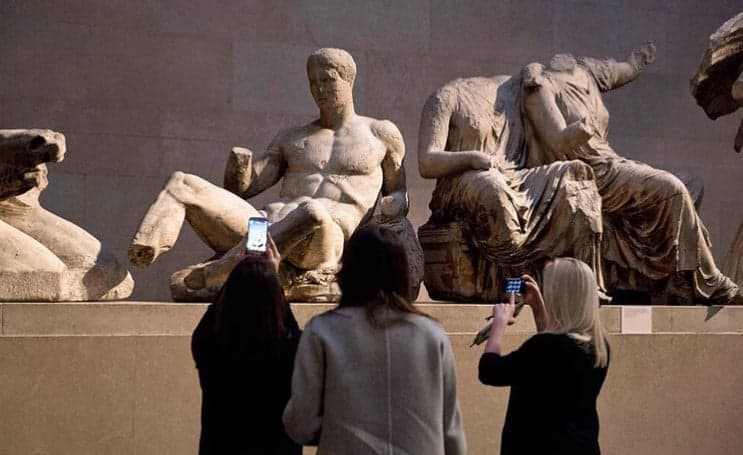Following recent complaints from Jewish Australians about the perceived imbalance of discussion on the Israel-Gaza crisis on ABC, the Greek Community of Melbourne (the GCM) has also made their voices heard after the national broadcaster referred to the Parthenon Marbles as the Elgin Marbles.
Thomas Bruce, the 7th Earl of Elgin, illegally removed the 2500-year-old sculptures from the Parthenon in Athens in the early 19th century and sold them to the British Museum. Greece wants them back, with Prime Minister Kyriakos Mitsotakis arguing that the removal equated to cutting the Mona Lisa in half.

“Referring to them solely by the name of the individual responsible for their removal may inadvertently diminish their significance and sidestep the ongoing discussions about their repatriation to Greece,” the GCM has declared. “The GCM has addressed this misrepresentation and has requested a correction to ensure the accurate portrayal of these significant cultural artefacts with a formal apology by ABC Channel.”
In a week when the row over the fifth-century BC antiquities has erupted with renewed vigour, the goalposts have moved in unexpected ways. Which is why Nikos Stampolidis, classical archaeologist by profession, and for the past two years the museum’s director, is in ebullient mood. “It has been a magnificent week,” he told the Observer. “I think it’s fair to say events are moving us forward and are in our favour. I’m hopeful and very optimistic.”
Over the past 24 months, Greece’s quest to reunite the treasures – bought by the British Museum in 1816 from a bankrupt Lord Elgin, who himself acquired them in circumstances deemed at best controversial – had already evolved in ways not even Stampolidis could have dared to imagine. First came Italy’s return of the Fagan fragment, an inaugural repatriation by one state to another of part of the monumental frieze that once adorned the Parthenon, the Acropolis’ predominant temple, built in honour of warrior-goddess Athena.

Then came the “gifting” of three more pieces from the Vatican: groundbreaking gestures in the campaign to have the treasures restored to the place where they were carved. “But it was something else, too,” said the director taking in the plaster casts that, within view of the Parthenon, stand in place of the “exiled” marbles now in London. “This great sea-change in sentiment in Britain that could not go unnoticed.”
In Athens, the outcry that has followed British prime minister Rishi Sunak’s abrupt cancellation of talks with his Greek counterpart Kyriakos Mitsotakis – and accusation of trying to “grandstand” over the artworks – is seen as manna from heaven. For Greek officials, Sunak’s diplomatic “blunder” has not only backfired but been an unprecedented boon for a campaign that, overnight, has received more global publicity than at any other time.
Even denizens of the UK’s “anti-woke” media have, officials point out, changed tack. The outspoken TV presenter Piers Morgan, who long advocated for the sculptures’ retention, concluded last week that the time had come for “this great art [to] be properly reunited in its natural habitat”. Mitsotakis’s argument, aired in a BBC interview two days before he was due to meet Sunak, that keeping the antiquities divided was tantamount to cutting “the Mona Lisa in half” had been “persuasive”, Morgan noted.
But more vividly it was the decision of King Charles to don a tie and breast handkerchief festooned with the Greek flag as he delivered the opening speech to the Cop28 climate summit on Friday that sealed any doubt that the row had benefited Athens.

At a time of dramatically shifting landscapes in cultural diplomacy, when restitution claims of disputed artefacts were being met worldwide, it was hard not to see the monarch’s sartorial choice as sending a “clear message”. In his last official trip to the country of his father’s birth, Charles had confessed to a “profound connection” to all things Hellenic, and joked about his “Greek blood”.
“No amount of money that the Greek government could have thrown at the campaign would have helped as much,” said Irene Stamatoudi, a professor of cultural heritage law at the University of Nicosia. Not since the early 1980s – when the former culture minister Melina Mercouri first demanded they be restored to their homeland – had the drive to retrieve the marbles been so alive.
“At first it was hard to understand why the leader of a country with such a tradition of debate would eschew discussion [with Mitsotakis],” she said, adding that in 30 years of advising governments in Athens she had never seen such interest in an issue so integral to Greek identity. “But then it became very clear that what had happened had put the debate on the map. The request for the marbles is the oldest restitution claim in the world. At a time when so many in the UK now support it, people are beginning to ask ‘why?’”
Greece had been very clear, she added. It wanted nothing more than pieces that had once decorated the Periclean masterpiece that is the Parthenon. “We don’t even want the caryatid back because that adorned the Erechtheion [temple],” she said of the maiden statue also removed by Elgin and displayed in the British Museum.
READ MORE: Rishi Sunak’s pro-Turkish position and his defeat in the polls.


